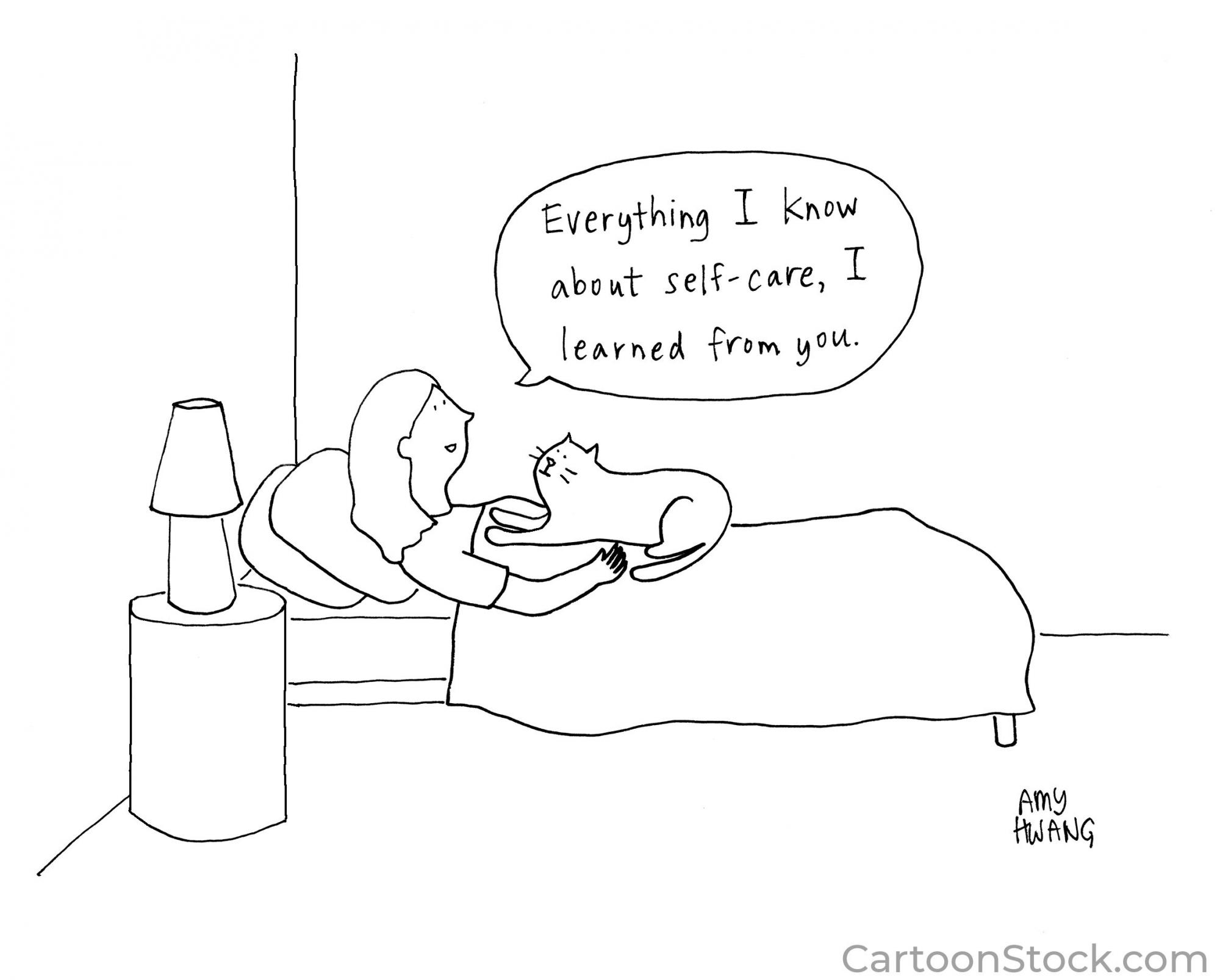Published April 26 2023
Being a carer can be fulfilling, but it can also be physically and emotionally tiring. It’s more like a marathon than a race, and one of the most valuable things you can do is to get enough rest and sleep. Here are some tips for getting the rest you need.
1) Make sleep a priority
It can be easy to prioritise your loved one's needs over your own, but getting enough sleep is essential for your own health and wellbeing. Promise yourself you’ll try to get enough sleep, then choose a sensible bedtime, and try to stick to it.
2) Create a relaxing bedtime routine
Establishing a relaxing bedtime routine can help signal to your body that it's time to wind down and get ready for sleep. This can include things like taking a warm bath or reading a book.
3) Make your sleep environment comfortable
Your sleep environment plays a big role in the quality of your sleep. Ensure your bedroom is quiet, cool and dark, and your mattress and pillows are comfortable and supportive.
4) Minimise caffeine and alcohol
Both caffeine and alcohol can interfere with your ability to fall asleep and stay asleep. Avoid consuming these substances in the evening and limit your intake during the day.
5) Try herbal teas before bed
Many herbal teas have relaxing properties, and brewing a cup or pot of tea can become a lovely part of an evening routine. Some of the most available herbal teas that also help you wind down are chamomile, lavender and lemon balm. You might even have these herbs growing in your garden!
6) Avoid screens before sleep
Experts recommend avoiding screens for at least 30 minutes before bedtime. This is because the blue light emitted by electronic devices can suppress melatonin, a hormone that helps regulate sleep. Screens can also stimulate our brains, making it hard to relax and wind down.
7) Take mini breaks
It's important to take breaks – even just mini ones – during the day to recharge and care for yourself. Taking a short walk, practicing yoga or stretching, or listening to music are all great ways to give yourself a mini break.
8) Nap!
In some cultures, an afternoon nap is an essential part of daily life. Try making it an essential part of yours – even just five minutes of napping can help to recharge your batteries.

